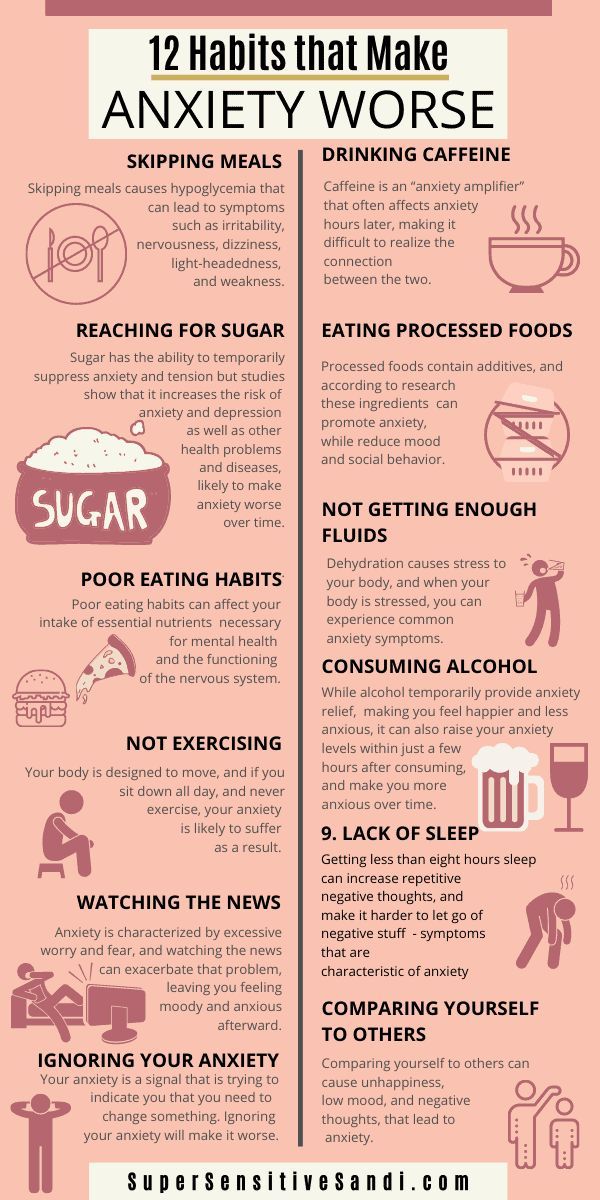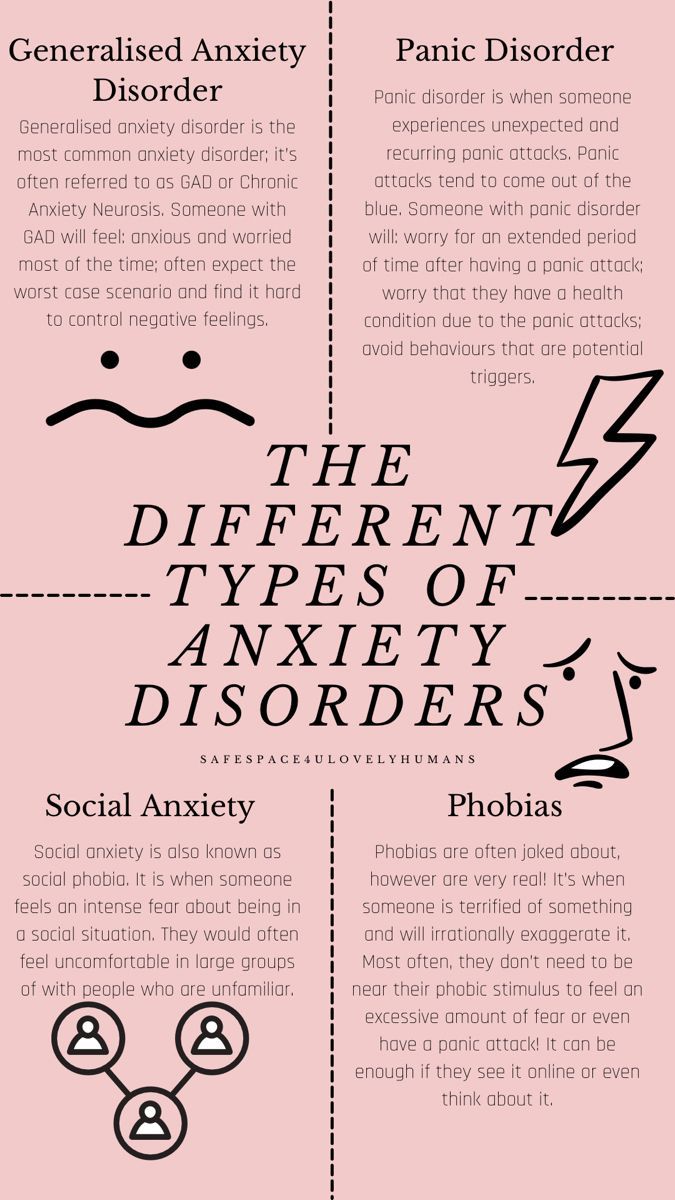
Hi Teammmm, In my last post I said I will be talking about 7 common mental disorders, today, we will talk about anxiety disorders.
Anxiety is a normal feeling we all have, in all our doings there are tendencies of being anxious which takes us unaware, during my first days in Nursing school the class was full and I grew anxious somedays since we had to sit for the weeding examination and sometimes, I saw myself weeded, but today despite the fact that I got anxious at the dawn, I'm now at the verge of passing out too, I came in new and anxious and became hopeful, anxiety built me!
Sometimes, anxiety prepares an individual for achievements but it becomes a problem when it interferes with our normal day to day activities and our relationship with others, depreciating our efforts to achievements.
What then is anxiety? Anxiety is a distressing feeling of restlessness mostly associated with an anticipation of a future concern and results to muscle tension and avoidance of a behavior.
General symptoms of anxiety disorders
- Worry, apprehension and fear
- Psychological arousal ( which include; poor concentration, poor memory, irritability etc)
- Autonomic and physiological arousal ( which includes; tremors, dizziness, chest discomfort etc)
Risk Factors of Anxiety Disorders
a. Genetic factors
b. Environmental factors
c. Developmental factors
Types of Anxiety Disorders
A. Phobic Anxiety Disorder: it is the irrational fear of something, in response to a particular object or situation, that is, being scared of something or an object that ordinarily should not scare you.
Criteria of Phobia
i. The symptoms always occur in relation to a situation or an object.
ii. They always avoid the situations and objects that causes the anxiety.
iii. If they must confront the situation or object, the have anticipatory anxiety.
Types of Phobia
i. Simple or Specific Phobia: it is peculiar to objects e.g hydrophobia, acrophobia etc.
ii. Social Phobia: this occurs when the person is in a gathering and anticipate humiliation, and aviods gatherings. Such people are usually afraid of social gatherings because they feel they will be evaluated negatively.
iii. Agora Phobia: this is the fear of being alone in a social gathering, that is, it only occurs when the person is without a familiar person.
B. Generalized Anxiety Disorder: the symptoms of these anxiety disorder are free floating, people with this disorder always elicit the symptoms. E.g there are people who are always shaking when they have to talk, they are literally scared of everything and everyone, the practice what to say before time but they are still unable to talk when the time comes.
C. Panic Anxiety Disorder (Panic Attack): the symptoms of this anxiety disorder are sudden and escalate fast and attain its peak in a short time. This anxiety disorder result to physical symptoms such as palpitations, difficulty in breathing and if not treated immediately may result to heart attack or even death.
D. Separation Anxiety Disorder: it occurs mostly in children above two and half years when their primary care giver is leaving them. This is because the child wants the person to be around, so he can protect the person.
Anxiety disorders can be treated through; behavioural therapy, relaxation exercises and pharmacologically.

NB: it is very important to see a psychiatrist if you notice symptoms of mental disorders, as it will help conserve the condition before it escalates to a very serious problem.
It is quite a lengthy piece, so I want to thank you for reading this far. Please do well to leave a comment, cheers😇